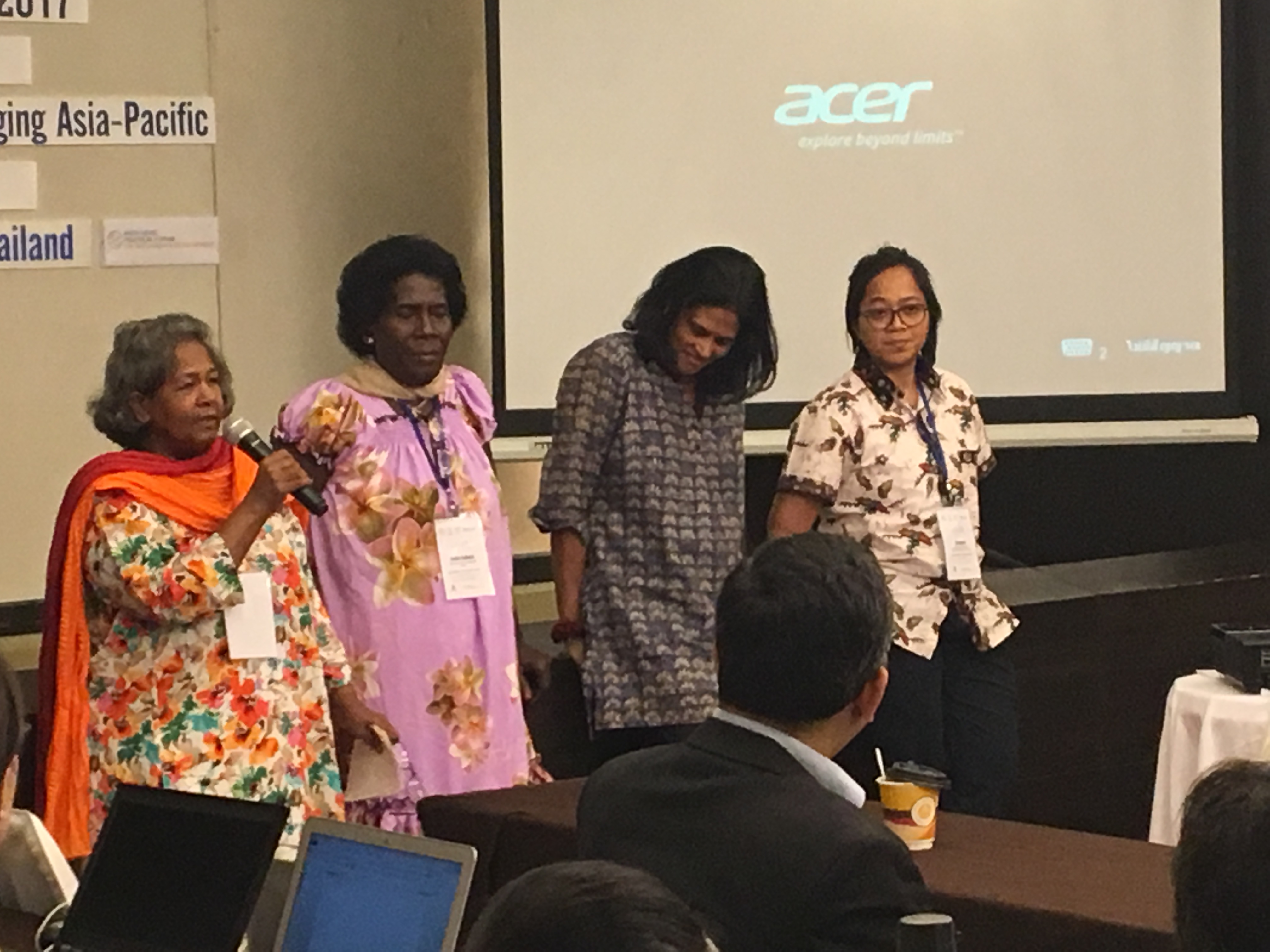Status of Inclusive Education Commitments Made by National Governments at GDS 18 Asia-Pacific Region
In this week’s blog, we will take a look at the situation of children in Asia Pacific Region.
- 2 December 2021

Introduction
South Asia and East Asia Pacific sub-regions have some of the largest populations of children. These sub-regions have 1287 (627 and 580 respectively) million children. As per the WHO calculations (15% of any given population is persons with disabilities) there must be around 200 million children with disabilities here. More than 50% of children live in learning poverty in South Asia alone. Many children in the East Asia Pacific region are still out of school or do not have access to a quality education because of their socioeconomic status, geographical location, disability, ethnicity, language, and gender.
An Overview of the Commitments Made by Governments and Non-government Agencies
8 National Governments (Bangladesh, India, Japan, Korea, Lesotho, Myanmar, Nepal, Philippines)
- Bangladesh, India, Nepal have committed to better implement the existing laws and policies supporting inclusive education
- Myanmar has committed to training and capacity-building of teachers and paraprofessionals
- Philippines has committed to developing and implementing an inclusive education policy
- Japan has committed to supporting inclusive education in Sri Lanka
12 organizations (Ability March Private Ltd, Action on Disability Rights and Development, Nepal, Asian Development Bank, Autism Care Society, Nepal Disabled Service Association, Family Educational Services Foundation, Lepra, National Disability Youth Network, Nepal, National Federation of the Disabled, Nepal, Disabled Women's Association, Nepal, Save the Children, Nepal, Self-help for Cerebral Palsy, Nepal, Vidya Sagar, India) have made commitments in the area of inclusive education. 7 of these organizations are working in Nepal.
Implementation of Commitments
A quick study of the status of commitment implementation in this region reveals that Japan and the Philippines have given updates on the implementation of the commitments made. JICA funded project in Sri Lanka, is a work in progress, according to the update given by Japan. The Philippines have updated that deliberations on the bill on Inclusive Education are going on in the Senate.
Conclusive Recommendations
- Legislation and policies should be revised to provide clear guidance on effective transition from early childhood, address the effective transition at later stages such as between Primary Grades, Secondary High School, and Higher Education.
- Cross-sectoral collaboration and coordination are at the heart of strong inclusive development. Inclusive education systems cannot be developed by the Ministries of Education alone. This in turn should enable partnership working with civil society and OPDs, teacher associations, student associations and federations, school boards, parent-teacher associations, and other functioning school support groups, both formal and informal. These partnerships need to be supported to increase understanding and knowledge of disability.
- Involvement of persons with disabilities in all levels of planning, implementation, and evaluation of the education system.
- Countries should establish a shared understanding
- of definitions of disability and principles in inclusive education through consultative processes
- that inclusive education is based on inclusive values should be developed in all levels of society including policymakers through advocacy and awareness campaigns and capacity building initiatives, to positively change the attitudes of people towards disability.
- Universal Design for Learning principles should be applied to ensure that the curriculum design and assessment are accessible and that teachers are employing inclusive child-centered pedagogy.
- Teachers should be provided capacity-building opportunities on formative assessment and inclusive pedagogies.
- National teacher standards should be established which reflect diversity and inclusion, and are linked to assessment and support tools and systems which enable teachers to be evaluated against inclusive criteria and allow them to gradually introduce inclusive approaches into their practice.
- Countries must take steps toward multi-sector involvement to strategically plan and implement early intervention services for all age ranges.
- A review of existing identification systems, as well as M&E systems, is recommended, to address the lack of comprehensive, reliable, disaggregated data that affect policies and programming on inclusive education.
This information comes from progress self-reported by entities who made pledges at the GDS 2018, collected by the GDS secretariat to incentivize accountability on commitments and but is not an external monitoring process.
Recent posts
- Reporting is open for GDS Commitments!
- CALL FOR PROPOSALS - Global Disability Summit Grants
- Keep up with post-Global Disability Summit events!
- First day of Global Disability Summit Results in ground-breaking Commitments to Disability Rights from Global Leaders
- Global Disability Summit 2022 (GDS22) in the News
- World Leaders join Together for Global Disability Summit 2022
- Gearing up for the Global Disability Youth Summit on 14 February 2022
- Disability is Everyone's Business
- Global Disability Summit 2022 (GDS22) Side Events Toolkit
- No Lost Generation